More Chinese state agencies and companies are asking employees to stop using iPhones and other foreign-branded devices at work, a ban that could hobble Apple and Samsung's business in the world's largest mobile phone market.
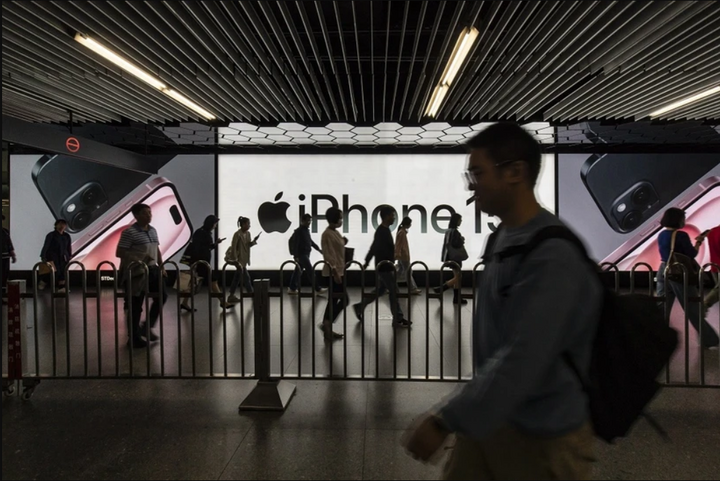
Some localities in China have asked employees not to use iPhones at government agencies. (Source: Bloomberg)
According to several sources, in the past month or two, many state-owned companies and government agencies in at least eight Chinese provinces have required employees to use domestic phone brands.
The unnamed sources said it was a new escalation from around September, when only a handful of agencies in Beijing and Tianjin began asking employees to leave foreign-brand phones at home.
The broader ban marks an escalation in China's campaign to wean itself off US technology, coinciding with the resurgence of domestic brand Huawei.
The Chinese government has decided to implement a ban on foreign-made equipment in sensitive state agencies - a directive that has been in place for years - and now extends it to more government agencies and even state-owned companies.
City governments in at least eight provinces, including Zhejiang, Guangdong, Jiangsu, Anhui, Shanxi, Shandong, Liaoning and Hebei - home to the world's largest iPhone factory - are said to be imposing the restrictions.
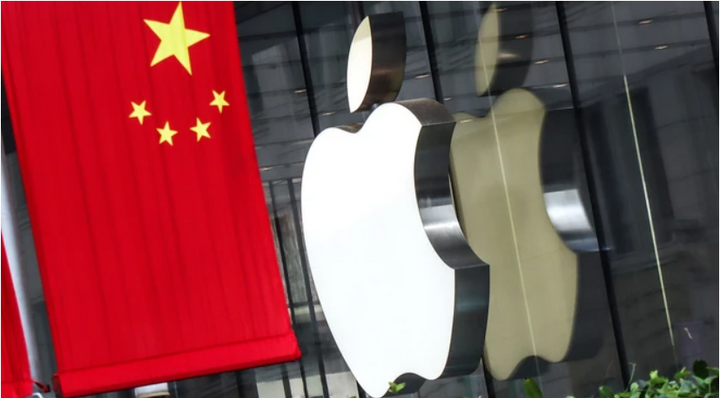
An Apple store in Shanghai, China. (Source: Nikkei)
While Chinese software and hardware have been gradually replacing American products over the years, from Microsoft software to Dell computers and Intel chips, the new order threatens to deal a direct blow to Apple's market share in the world's second most populous country.
The Chinese government has previously denied reports of restrictions on iPhone use, expressing concerns about the device's security.
“China has not issued any laws or regulations prohibiting the purchase of phones from Apple or other foreign brands,” Chinese Foreign Ministry spokesman Mao Ning said at a press conference in September.
However, this is a big challenge for Samsung and Apple, as both brands are struggling to maintain growth in this key market.
For Apple, China is where the factories that produce most of its devices are located and is also the market that accounts for about a fifth of its revenue.
The majority of Apple's iPhones are made in large factories run by suppliers like Foxconn Technology Group, which employ millions of Chinese workers.
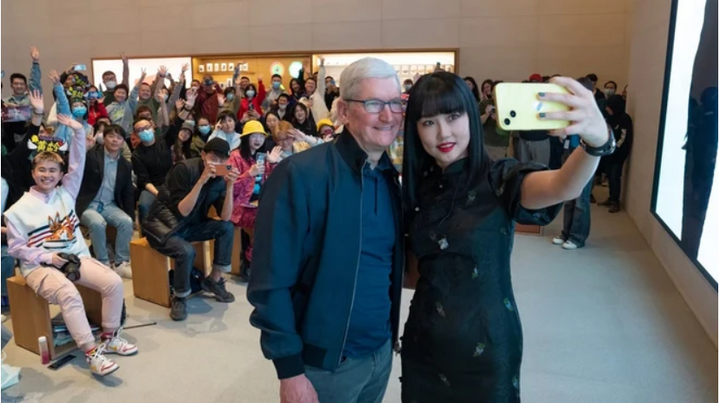
CEO Tim Cook takes a photo with Apple fans at a store in China. (Source: Weibo)
CEO Tim Cook was instrumental in formulating the company’s manufacturing strategy in China two decades ago. Since then, he has worked to maintain a positive relationship with Beijing, even as Apple has begun to shift some of its manufacturing capacity to other countries, including India.
Independent data has shown that iPhone 15 sales in China are down compared to the previous model, causing some analysts to revise down Apple's revenue forecasts.
Analysts believe part of the reason stems from Huawei's launch of the Huawei Mate 60 smartphone, which is equipped with an advanced processor made in China.
Chinese media hailed the move as a victory over US restrictions on semiconductor chip exports, while lawmakers in Washington called for an investigation into possible violations of the restrictions.
While Apple's revenue in mainland China fell 2% in the fourth quarter, the company blamed the decline on iPad and Mac sales.
CEO Tim Cook said iPhone 15 Pro sales in China remained strong and he was “very optimistic” about the company’s performance there.
Apple remains popular in China and its devices are widely used in both the government and private sectors.
(Source: vietnamplus)
Source



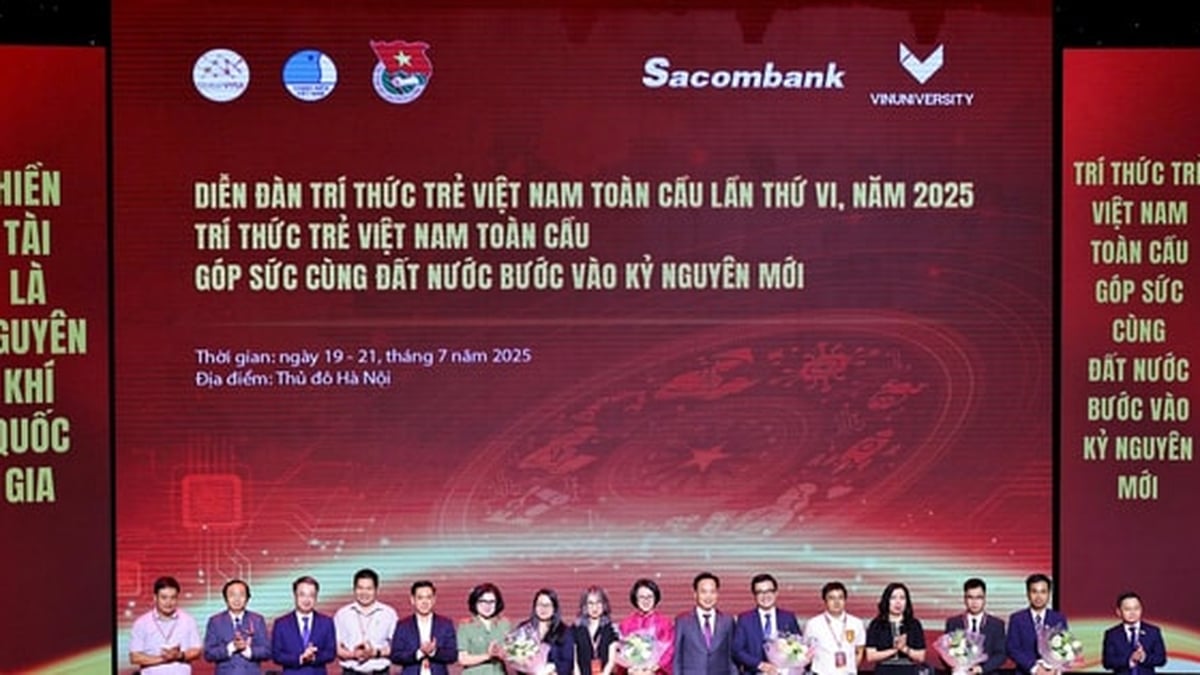





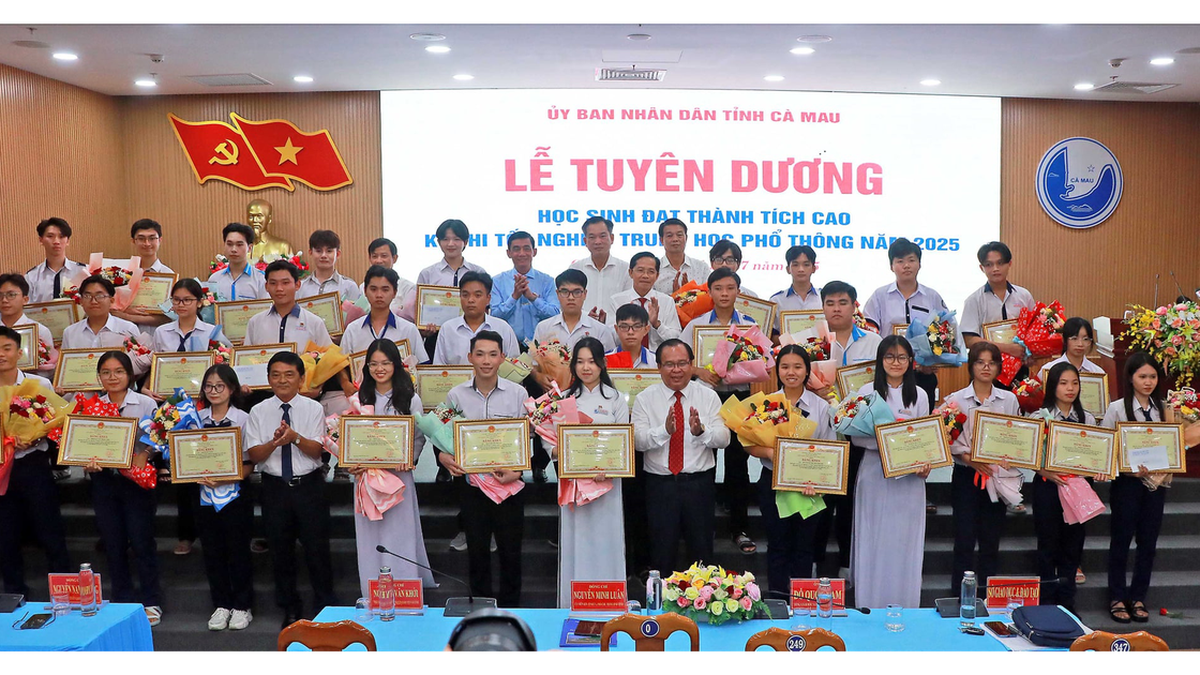

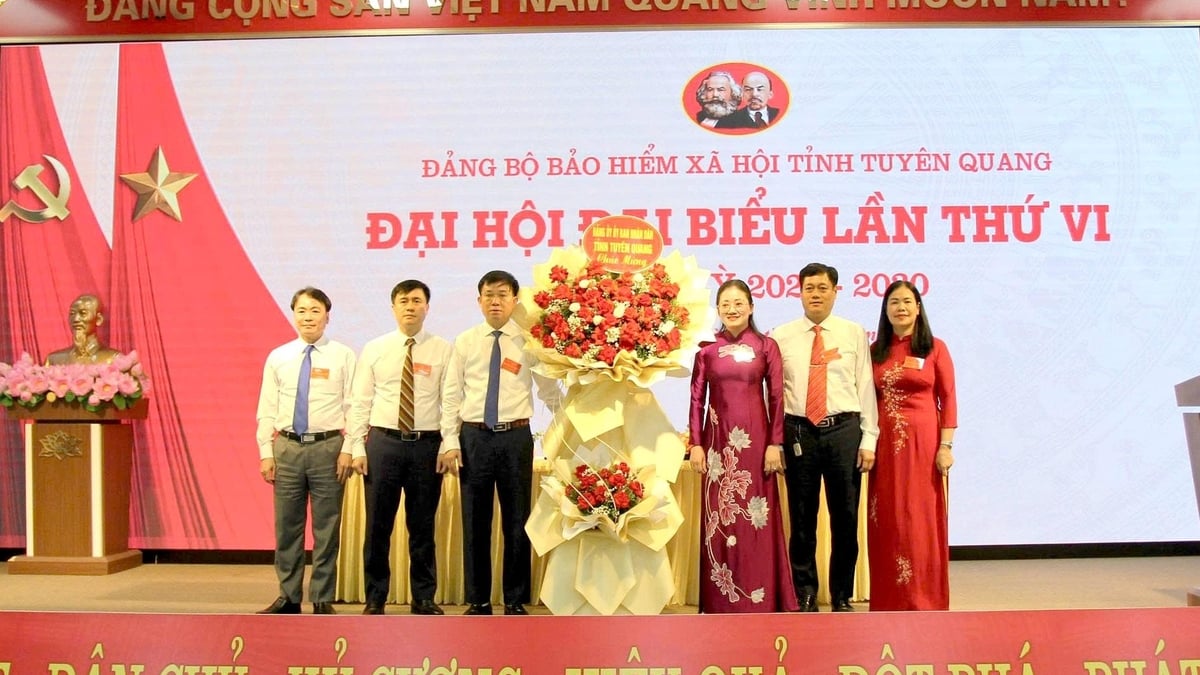























































































Comment (0)